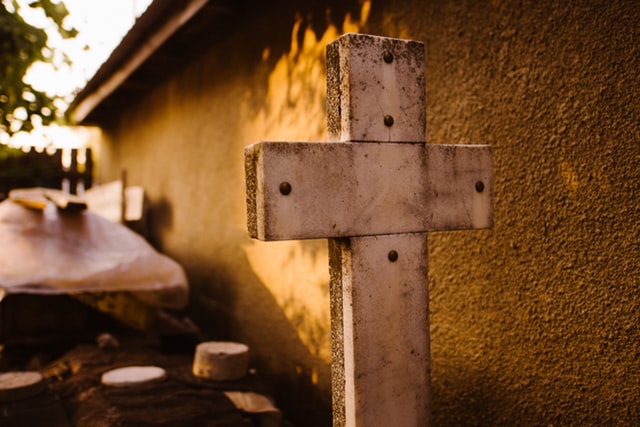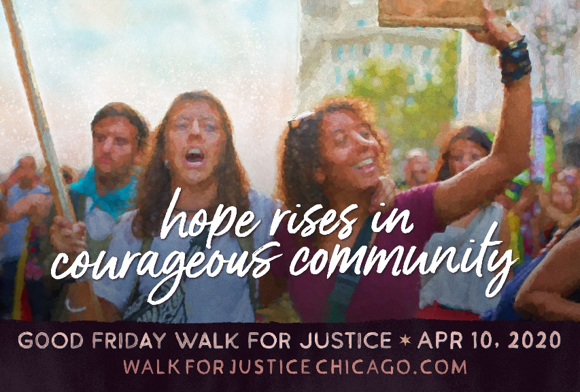I consider that our present sufferings are not worth comparing with the glory that will be revealed in us. Romans 8:18
We here at CRLN take our responsibility to the more vulnerable members of our organization, our families and the larger community very seriously. We seek to be good global citizens during this unprecedented time of crisis for all of humanity. We embrace the science behind disease prevention and the wisdom of public health experts as well as the admonishment of our faith traditions to place the interest of “the least of these” above all other concerns. To that end, our staff have implemented best practices in regard to what is being popularly called “social distancing”. For the foreseeable future staff will be working from home so that we can minimize exposure for ourselves and more importantly vulnerable loved ones and community members to the rapidly spreading contagious disease known as COVID-19. We will postpone holding any events that involve public gatherings until further notice or come up with creative ways to make them into online events. This includes our planned Good Friday Walk for Justice. Although this is a difficult sacrifice for us as a people and an organization and really strikes at the core identity of who we are and how best to organize to advance our mission, the reality of the moment calls on us to take these unfortunate but necessary measures.
But we cannot be satisfied as an organization, as a community and as individuals with simply accepting and following these so-called best “social distancing” practices. We must endeavor to be creative and explore what it means collectively and individually to practice social distancing + social solidarity. A crisis like the one we are confronted with encourages all of the worst impulses and tendencies in our society and none of the “better angels of our nature” – xenophobia, fear, social isolation, atomization, selfishness, hoarding, increased state surveillance, eroding of civil liberties, etc. The standard antidotes to such tendencies – collective mass organizing and action – are exceedingly difficult in these circumstances; but they are not impossible. We must do all we can do to figure out the ways to make this solidarity concrete, real and safe. The staff also recognize that we are in a position of privilege with our work. It is rather easy for us to transfer the bulk of our work activity to our homes. This is not true for millions of members of the working class in this country and globally. These workers range from first responders like the nurses who are at the frontlines of the battle against the virus or custodians, food delivery workers and transit employees who remain essential to the safe functioning of our society and do not have the luxury of taking their work home. Millions of workers in the informal economy – day laborers, domestic workers – face truly dire straits in the current crisis with almost no hope of any help from the state. As always, these most marginalized workers are predominantly people of color and migrants, those whom our organization is meant to serve. They must be at the forefront of our thoughts at this time.
Looking around the globe we are amazed at the creativity and selflessness that common people and even some governments have demonstrated during this crisis to practice social solidarity. Everything from the beauty of the Italians singing to each other across the balconies of their quarantined homes in ancient Roman and medieval cities that have witnessed many plagues of centuries past, to the Cuban government which welcomed a stranded ship of hundreds tourists in the Caribbean who were denied safe harbor by all others for fear of contagion, to right here at home in the immigrant community of Pilsen where neighbors have signed up to buy groceries for elderly neighbors forced to shelter in place. Recently, within just days of the realization that the crisis would require new forms of organizing, online networks of labor, community and faith based social justice organizers have sprung up. One Facebook group, the “People’s Coronavirus Response”, went from two people to a network of over nearly 10,000 in a matter of a few days. A coalition in Chicago led by Arise Chicago, The Chicago Teachers Union, United Working Families, National Nurses United and a host of other groups has rapidly formed demanding that the City of Chicago and the State of Illinois enact a host of measures to provide a safety net for workers who will be displaced in the economic chaos of this crisis. Such developments give us great hope.
But there is so much yet to be done. In particular, we are very much concerned with how the crisis is likely to impact the migrant community in this country. There are the thousands currently languishing in detention facilities, which, along with the millions in our prisons, are some of the places most vulnerable to a rapid spread of the virus, a catastrophe waiting to happen. Immigration courts have begun to close down, as advocated by both immigration attorneys and immigrant rights organizations for the safety of all involved, but this is also possibly resulting in an increase in migrants and potential asylees facing immediate deportation rather than being afforded the opportunity to have their case heard. The Trump administration is embracing the xenophobic tendencies of the crisis, referring to the disease as a “foreign” invader and utilizing it to promote their wall building and deportation agenda. We must not let them get away with such truly evil manipulation of this human tragedy. Then there are those thousands of Central Americans forced to wait indefinitely in camps on the Mexican side of the border. Mercifully, the virus rates of transmission have so far remained lower in Mexico than in the U.S.; but this is unlikely to last, and these camps are likely to be hit hard when the virus spreads. Of course, the most direct and brutal impact is the increase in xenophobic-inspired violence, so far mostly targeting Asian-Americans and Asian immigrants, that is on the rise across the country.
So, I call on all members of the CRLN community to both be patient with our staff as we adjust to our new working conditions, but, more importantly, to help us navigate the new terrain. Offer us your creativity and ideas of how we can continue to advance our mission while remaining safe and protecting all. We welcome your input.
Sincerely,
Claudia Lucero, Executive Director


